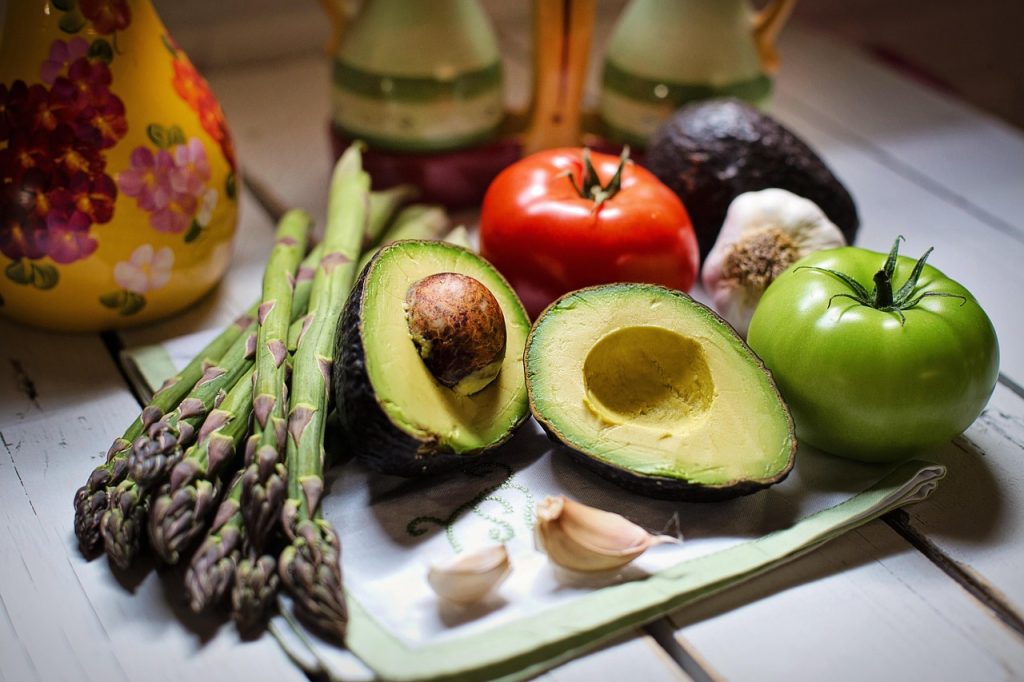The decision of Eleven Madison Park to reintroduce meat to its menu is a fascinating turn in the culinary world, highlighting the evolving dynamics between plant-based and traditional dining. While Daniel Humm’s shift doesn’t signal the demise of veganism, it does shine a light on the limitations of a fully plant-based menu in meeting diverse consumer expectations. This move underscores the complexity of balancing sustainability with the culinary experiences diners crave.
The restaurant’s pivot back to meat reflects a broader trend where culinary establishments are increasingly blending plant-based options with traditional fare. This hybrid model could redefine the future of dining, as restaurateurs seek to cater to a wider audience. It’s not about choosing one over the other but rather integrating elements that satisfy both ethical considerations and taste preferences. Humm’s decision may indicate a shift in how top-tier dining experiences are crafted.
The resurgence of meat in high-end dining raises intriguing questions about the sustainability movement and its impact on consumer behavior. As more consumers embrace flexitarian diets, restaurants are adapting by offering varied menus that include both plant-based and meat options. This trend suggests a future where diversity in dining is not only embraced but necessary to meet the evolving demands of patrons who seek both health-conscious and indulgent experiences.
As we witness this culinary evolution, it prompts us to consider the future trajectory of dining trends. Will the pendulum swing back to more traditional offerings, or will we see a continued melding of plant-based and meat-inclusive menus? The decision by Eleven Madison Park may just be the beginning of a new era in dining where the boundaries between veganism and traditional cuisine blur as reported by Nation’s Restaurant News. How will this influence your next dining adventure?


